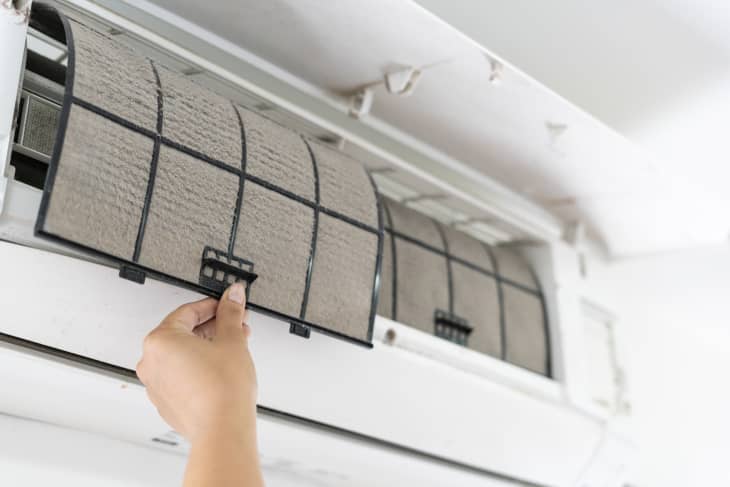The One Thing Sellers Should Always Do Before a Home Inspection, According to a Real Estate Agent

It’s incredibly unlikely to go through a home inspection — either as a buyer or seller — that will come back with absolutely zero issues noted. In fact, I just bought a new construction home that comes with a warranty, and even then, a handful of necessary fixes popped up on the inspection report. They were mostly small, but I’d question my inspector’s thoroughness if he found nothing to report!
Still, you want a home inspection to go as smoothly as possible, especially if you’re the seller. That’s because in this more neutral market, buyers can ask you for fixes and credits, which ultimately chips away at the money you make on the sale of your home.
Though my fiancé and I already did pre-inspections before we listed our homes (so we could be aware of any potential fixes to get the maximum sale value), one tidbit of advice that our real estate agent relayed to us was surprisingly simple — and unexpected.
Our real estate agent told us to be sure you change your Heating, Ventilation and Air Conditioning (HVAC) filters before the home inspection. That’s because, having been involved in dozens of sales, the one thing he almost always sees flagged in reports are dirty HVAC filters.
Not only is this a super easy task, but it can also be an indicator of how well you’ve cared for your home and stayed on top of maintenance. After all, if your HVAC filter is dirty, buyers might wonder how well you took care of other aspects of your home, like your gutters or any other medium-maintenance appliances.
In general, always make sure you change your HVAC filter once every 60 to 90 days, says Melanie Powers, president at Goodberlet Home Services, a female-owned plumbing, construction, electrical and HVAC repair company.
“Restricted airflow from a dirty filter can cause breakdowns and decrease efficiency by 5% to 15%,” she says. “Changing it regularly increases the lifespan of the unit, too.”
If you have pets, you’ll probably need to change your filters more frequently because the fur can build up, Powers says. Consider changing it more often, too, if you have bad allergies. I’m in Colorado, and during the years that we’ve had wildfires and poor air quality, I even found myself changing out my filter once every four to six weeks.
Regularly replacing your HVAC filter can boost your system’s efficiency, reduce energy costs, and extend the life of your HVAC system by preventing dust buildup, says Aaron Traub, owner of Benny’s A/C & Heating in Metairie, Louisiana. It also improves indoor air quality by trapping dust, pollen, and allergens.
Extending the life of your HVAC system seriously matters — because the cost of replacing one for your home’s buyer, rather than simply maintaining the one you have, is a world of difference (and money for you!).
My recommendation? Keep a note in your phone of your filter size, something I started doing after a couple of unsuccessful runs to the Home Depot to buy air filters only to realize I didn’t know the exact dimensions my HVAC requires. You can even share it with the person who wants to buy your home! Traub also recommends having Amazon automatically send you your HVAC filters in bulk every six to 12 months.
“I also like setting monthly reminders on my phone to check and replace filters as needed,” he says.
After all, most HVAC filters cost around $20, which pales in comparison to costly fixes for your HVAC system or full replacements — both of which you may be stuck with after a bad inspection or after years of not maintaining your space.